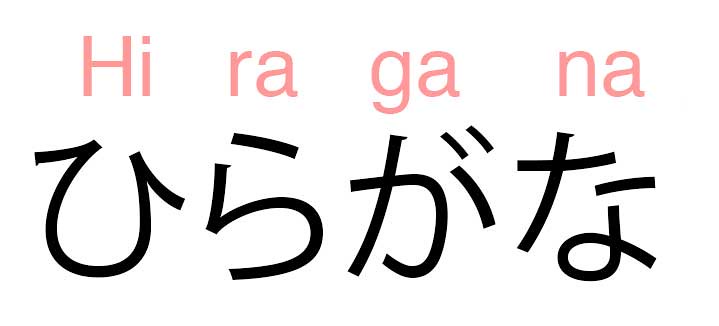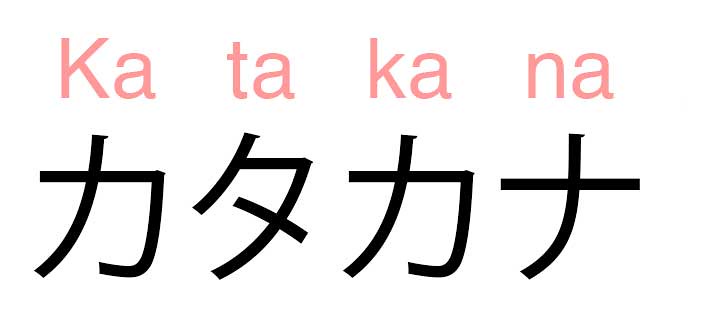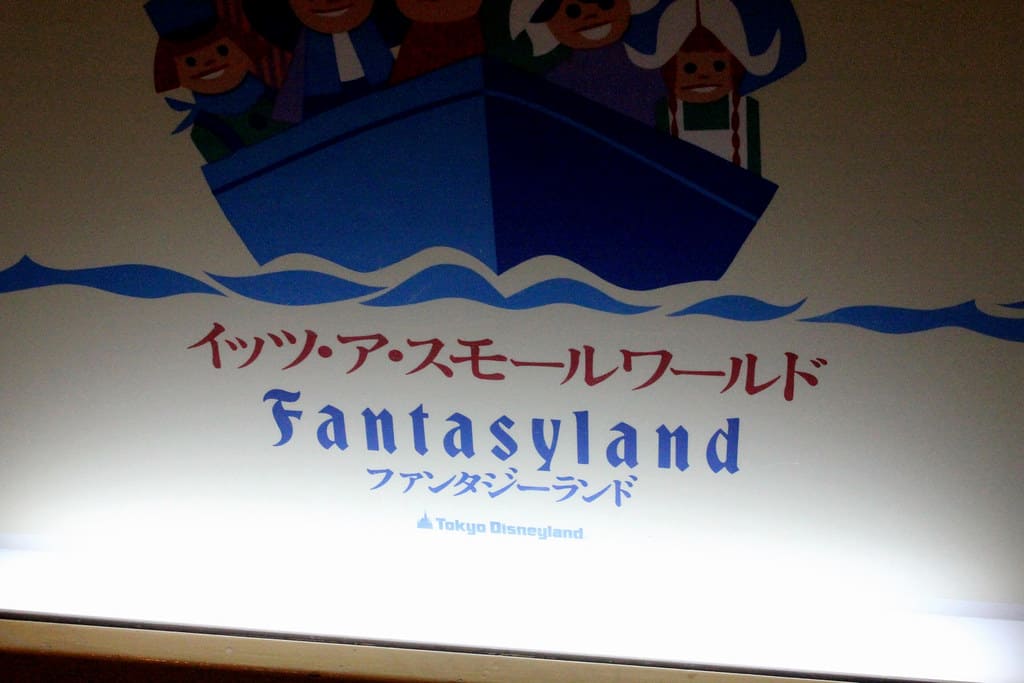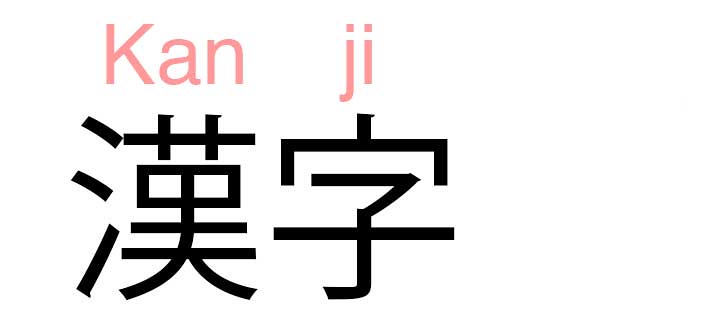Asia
SHOULD I LEARN JAPANESE IF I WANT TO MOVE TO JAPAN?
After living abroad in two very different Asian countries, Japan and Hong Kong, I am often asked a lot of questions regarding life in Asia.
One of the most common questions I seem to get asked is whether or not one should learn Japanese before moving to Japan.
And while I’m quite the advocate for learning any local language while living there, my answer for if you should learn Japanese is a big, fat YES!
You can find a Japanese language tutor or enroll in a group class, whichever suits your learning style. It’s not just about the grammar and vocabulary; it’s about understanding the culture and connecting with locals in a way that’s impossible through textbooks alone. Plus, the skills you gain will be a fantastic asset in today’s global work environment.
In a country where English skills are low, it’s best to learn a bit of Japanese. A while back I wrote 10 Words You Must Know When Traveling to Japan, which has phrases perfect for tourists, but if you’re planning to stay in Japan longer than a few weeks, I really recommend you learn to read Japanese.
AN INTRODUCTION TO THE WRITING SYSTEM
Learning how to read Japanese, even if you don’t know the meaning behind what you’re reading, is highly advantageous. But when people learn that Japanese has 3 writing systems, a lot of people quit before they even begin. Let me assure you, it’s a lot easier than it sounds.
Japanese can be broken down into kana and kanji. So let’s start with the two kana alphabets: hiragana and katakana.
Hiragana is a phonetic alphabet used to compose almost all Japanese words. It is the first writing system taught to Japanese children, and although most words will be replaced by kanji later in one’s studies, hiragana is still used for grammatical particles, verb endings, or for words whose kanji are obsolete.
These 46 characters include 5 vowels (a i u e o) and 40 syllables made by a vowel combined with a consonant (ka, ki, ku, ke, ko…ba, bi, bu, be, bo…etc). The final character to make 46 is the ‘n‘ sound.
People often classify hiragana as more cursive or squiggly than it’s katakana counterpart.
りんご (ri-n-go) Apple
さん (sa-n) Mr/Mrs/Miss
にほん (ni-ho-n) Japan
The 46 sounds of katakana are exactly the same as for hiragana, it’s just the characters are written differently. Relatively easy to tell apart from the round hiragana characters, katakana is mostly made up of straight lines and sharp angles. Katakana is mostly used for transliterating foreign names and words.
Even though I said most children learn hiragana first, katakana might actually be the most useful for foreigners to learn first. When reading katakana, you are often just reading English words using the Japanese sounds. Go ahead and try to guess a few of the words below– leave your guesses in the comments below and I’ll tell you if you’re right!
バナナ (ba-na-na)
アメリカ (a-me-ri-ka)
マクドナルド (ma-ku-do-na-ru-do)
ディズニーランド (di-zu-ni-ra-n-do)
And then there’s kanji, adopted logographic Chinese characters. Kanji can be identified easily from kana because they often look more complex. There are currently over 50,000 kanji, each with multiple ways to read them depending on how they are combined with other kanji and kana. Despite this high number, you really only need to know 2,000 to read a newspaper and survive in Japan.
Although kanji is often a pain to learn, once you do, Japanese becomes a whole lot easier. Kanji helps us figure out separate words within a sentence (there are no spaces in Japanese) and it is also useful for distinguishing between homophones (which occurs quite often given the limited number of sounds in Japanese).
東京 (とうきょう to-u-kyo-u)Tokyo
寿司 (すし su-shi)Sushi
夏 (なつ na-tsu)Summer
THE CHALLENGE
The real challenge comes from the fact that these different writing systems will be mixed together in a single sentence. Can you figure out which writing system is which in the sentence below?
Once you have mastered reading a little Japanese, life in Japan becomes a piece of cake, or ケーキ(ke-e-ki)! Finding your way around will become much easier and you will no longer have to point to random things on menus hoping for the best.
So give it a try, I promise it’ll be worthwhile.
If you ever need help learning Japanese there are plenty of great resources you can find through Google or Youtube, or I’m always happy to answer questions as well!





